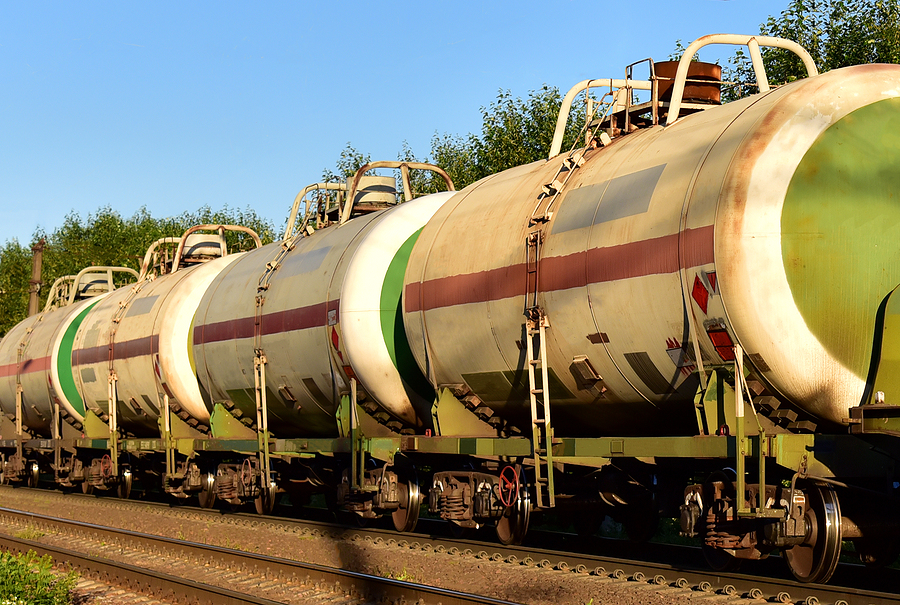
Surplus Oil Products ‘Risk Turning Ship Fuel To Sludge’
The quality of ship fuel is currently being called into question, as a result of surplus oil products like diesel and straight-run kerosene being used to make very low-sulphur fuel oil (VLSFO) for ships, with some blends becoming less viscous, which could affect the stability of the fuel.
Industry experts are now voicing concerns that this could potentially result in the fuel turning to sludge, which would then in turn overwhelm the engines on ships, Bloomberg Green reports.
Shippers have been turning to VLSFO as they adjust to new regulations stipulating that ships must only burn fuel with no more than 0.5 per cent sulphur content, unless they’ve been gifted with pollution-reduction kits (regulations known as IMO 2020).
It can be particularly tricky to identify unstable fuel, however, and it’s possible that a bad batch may only be discovered weeks after delivery, even if it passed initial specification requirements, fuel tester Steve Bee observed.
Unni Einemo, director of the International Bunker Industry Association, made further comments, saying “The shipping industry is still attempting to get used to new low-sulphur fuel oil blends. People are still trying to assess where the weak points are for the new fuels. IMO 2020 is not over.”
IMO regulations, designed to reduce sulphur oxide emissions from ships, were first introduced back in 2005 and since then, limits on emissions have been progressively tightened.
Benefits of these regulations include cleaner air, positive impacts on human health (such as reduced premature death rates and cardiovascular/respiratory diseases) and increased compliance with enforcement authorities.
Looking for fuel oil companies? Get in touch with RE:Group today.
